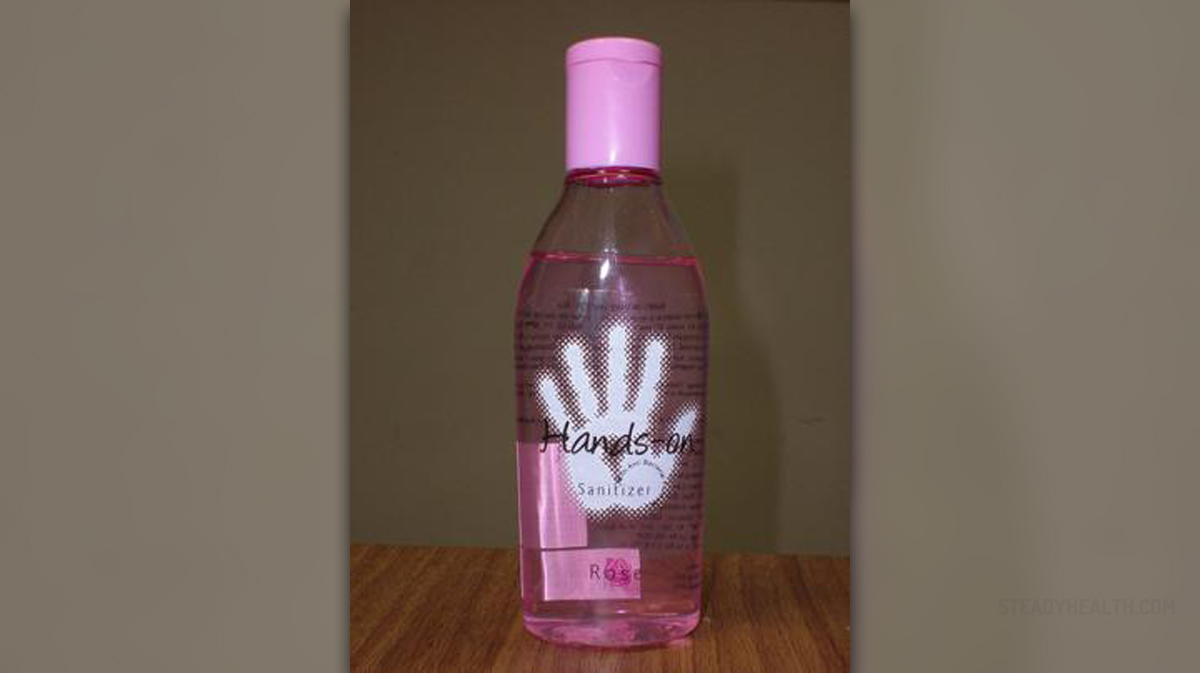
The sales of hand sanitizers and similar antiseptic products increased significantly, probably because of swine and avian flu epidemics, even before COVID-19 invaded all our lives and made countless people converge on stores as they hoped the hand sanitizer wouldn't be out of stick.
Hand sanitizers are certainly very convenient, offering the option to disinfect your hands even in situations where soap and water are not available. There is no doubt that they can be quite useful for preventing viral and bacterial infections, however, hand sanitizers also carry a certain amount of risk.
In recent times, we have all heard about the potential benefits of hand sanitizers — but what do you need to know about their dangers?
Hand sanitizer dangers: Poisoning
One major concern related to the use of hand sanitizers is the risk of poisoning. Because of their bright colors and nice smell, hand sanitizing products are particularly attractive to children, who may ingest a small amount and get poisoned.
Most hand sanitizers contain 60 percent or 90 percent alcohol, usually ethyl or Isopropyl alcohol — and you should certainly only opt to use these stronger products if your aim is (as it should be) to kill as many germs as possible. That also means, however, that the alcohol found in hand sanitizers has a stronger concentration than most hard alcoholic beverages. If ingested, even a small amount can cause problems ranging from dizziness, headache, and burns within the throat, to brain damage and even death.
Hand sanitizers should be kept away from children and even adults should be careful and avoid biting their nails or licking their hands after applying hand sanitizing products.
Hand sanitizer dangers: Improper use
If they are not used properly and according to the instructions, hand sanitizers can be dangerous. If used on open wounds, cuts, scrapes and similar small or bigger lacerations, hand sanitizers can aggravate and irritate the wound, causing pain and burning. Hand sanitizers can also cause allergic reactions, with rashes and hives.
In addition, hand sanitizers sometimes leave hands as dirty as they were before — hand sanitizers do not clean at all, and only disinfect. Soap and water, on the other hand, mechanically remove not only pathogens and other germs, but also dirt. Hand sanitizers seem to promise cleanliness, and because of this, they can actually contribute to contracting a viral or bacterial disease. For example, if there is still dirt under the fingernails, the hand sanitizer will not be effective.
Furthermore, be aware that not every product advertised as hand sanitizer will effectively kill germs such as COVID-19. You will want to look for hand sanitizing products that contain at least 60 to 70 percent alcohol, and stay away from following questionable online instructions for making your own hand sanitizer at home.
Hand sanitizer dangers: Forming habits
Because hand sanitizers in the form of liquid, gel or spray are so convenient for use, some people can start to rely more on them and avoid washing their hands normally, with soap and running water. If you routinely find yourself relying on hand sanitizers instead of soap and water, your hands can become constantly dirty and this increases the chance of contracting a disease. In addition, your hands will become overly dry, which can allow fungi to thrive to the point of a fungal infection.
In some cases people actually become "addicted" to hand disinfectant products and tend to use them too much and too often, which can further contribute to skin problems like dry, flaky skin, rashes and various forms of skin damage.
Hand sanitizer dangers: Fire
Due to their concentrated alcoholic content, hand sanitizers are highly flammable. Even a small amount of sanitizing gel or liquid can burn very hot upon contact with and open flame and it can cause severe skin or tissue burns.
In order to prevent fire, hand sanitizers should never be kept near a source of heat or fire, in a hot car, or in direct sunlight. A person using hand sanitizers before cooking or grilling must make sure the hands are completely dry before approaching the heat source.


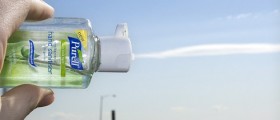

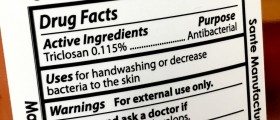


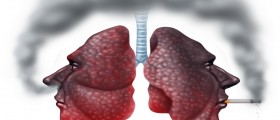

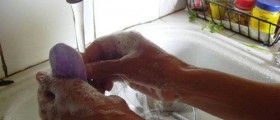


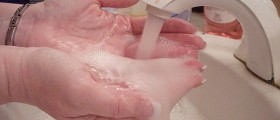




Your thoughts on this
Loading...